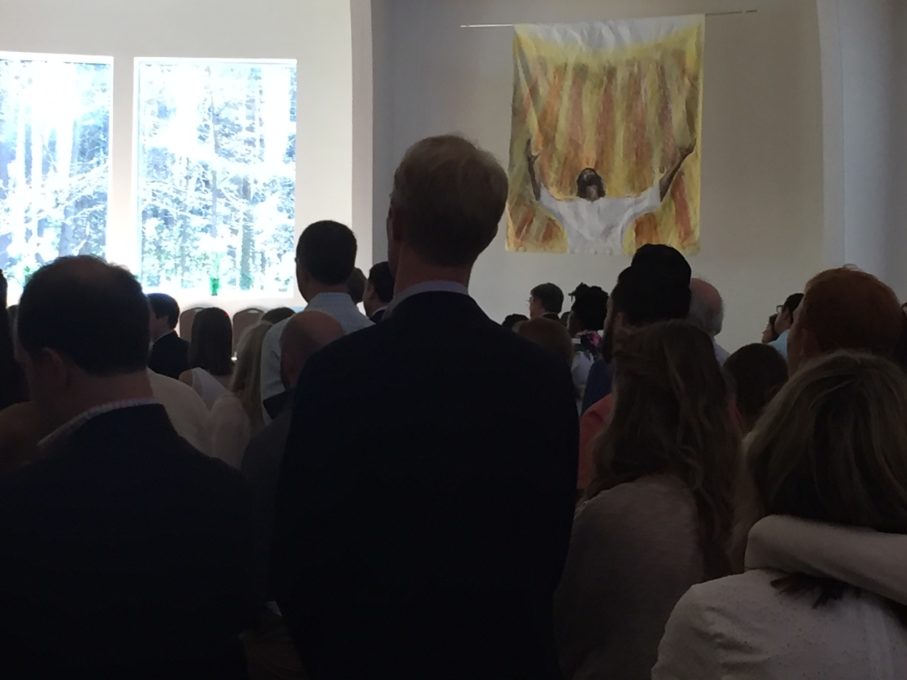I want to highlight the importance of worship as a way of compassing our being towards God’s heart for us. Most of these reflections are borrowed from James K.A. Smith’s “Desiring the Kingdom” and Mike Cosper’s “Rhythms of Grace.” I highly recommend both books for those wanting a fuller picture behind worship.
1. Worship serves, teaches, and reaches ALL of God’s children, regardless of aptitude, education, or status. “All human beings are more affective than cognitive.” Music (sacraements, liturgy), as a worship practice, as it’s most empathetic, “Both honors the fact that all humans are desiring animals while at the same time making sense of how Christian worship is developmentally significant for those who can participate in rituals but are unable to participate in theoretical reflection.” —i.e. the poor, uneducated, disabled, and children.
2. In worship, our hearts and imaginations need to be engaged, not just our minds. Don Sailers says: This knitting of an embodied theology happens whenever Christian congregations sing, even though they do so in a great variety of ways from one culture to another. It has been happening since the earliest Christians extemporized variations of praise to God in the new images of Jesus’ teaching and ministry, and above all in images of the mystery of his death and resurrection. The Tinitarian character of faith was sung long before it was put into the language of doctrinal theology. Indeed, the church’s theology was embodied in its liturgical and singing practices before more formal theology developed.
3. Worship tells the whole story of God: Creation, fall, redemption, consummation. We need specific, holistic reminders that connect our heart to the story of God in scripture. Music and songs help weave together these pieces of the story to illuminate the entire meaning of, “God saves us from our sins.” Music and songs, “Incubate Christian faith” as a “compacted theology” (Mouw). Who of us can quote the Heidelberg Catechism before Amazing Grace? It is because music is a matter of the heart, possibly a big part over time of how Christ “dwells in us richly.”
At Kairos, I hope we can continue to have our motivations and desires clarified, transformed, and then offered up as worship, both in heart and mind, as God propels us towards lives fully lived in Him.
– Micah
